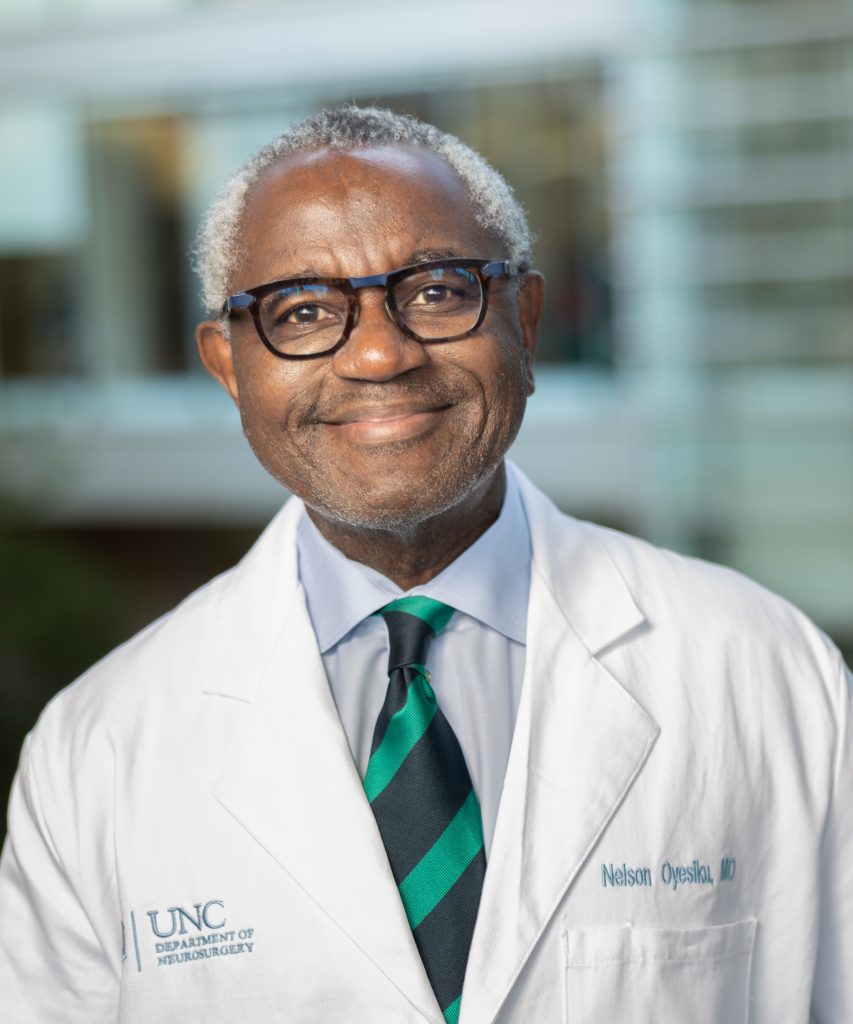

Nelson Oyesiku, MD, PhD, FACS
Chair, Department of Neurosurgery
For most patients, surgery will be necessary for successful brain tumor treatment. UNC Neurosurgery offers expertise and cutting edge technology when it comes to the surgical treatment of brain tumors. Our neurosurgeons examine 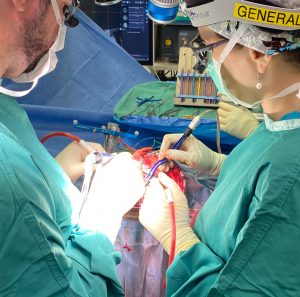 and treat many different types of brain tumors, including pituitary tumors, in patients of all ages.
and treat many different types of brain tumors, including pituitary tumors, in patients of all ages.
Common signs of a brain tumor in adults include frequent and severe headaches, dizziness, nausea, vision difficulty, seizures, confusion, and balance problems. If you are experiencing any of these symptoms, please contact your primary care provider. A neurological exam and medical imaging, such as an MRI or CT scan, will be used to confirm the presence of a brain tumor.
UNC belongs to three brain tumor consortia: the Brain Tumor Trials Collaborative (BTTC), the Alliance (Alliance for Clinical Trials in Oncology), and CERN (Collaborative Ependymoma Research Network). UNC also has a robust brain tumor research program with over a dozen labs dedicated to the diagnosis and treatment of brain tumors. Learn more about brain tumor research at UNC Medical Center.
Treatment of a brain tumor is determined by several factors. The size, type, and location of the brain tumor are all considered when our multidisciplinary brain tumor team develops a treatment plan for each patient.
The Department of Neurosurgery plays a key role in UNC’s multidisciplinary Brain Tumor Program. Our neurosurgeons partner with colleagues from neuro-oncology, radiation oncology, neuropathology, neuroimaging, neuropsychiatry, and supportive care to provide the best possible brain tumor treatment for our patients. We strive to individualize each patient’s care by using a team approach to develop an ideal treatment strategy.
During surgery, your neurosurgeon will try to remove as much of the brain tumor as safely possible, with the goal of complete removal. Your neurosurgeon will discuss the benefits and risks of brain tumor surgery with you during a consultation visit.
In. cases where surgical removal of the tumor is not possible, a procedure called a stereotactic needle biopsy may be performed to collect a tissue sample of the tumor.
UNC Health’s multidisciplinary neuro-oncology clinic offers streamlined, high quality care for patients with brain tumors and spine tumors by bringing all of the tumor specialists together in one convenient clinic location.
UNC Neurosurgery faculty members will collaborate with other specialists from UNC Health to provide comprehensive care for all patients treated at the neuro oncology clinic. This team approach will allow our physicians to address each individual patient’s needs, and then make an informed decision on the most effective treatment.
A craniotomy is a common surgery used by our neurosurgeons to treat diseases and abnormalities of the brain, including brain tumors. During the procedure, part of the bone from the skull is removed to access the area of the brain with the tumor. Surgeons will remove the brain tumor and collaborate with neuropathology to get as much patient specific information as possible from the tumor tissue.
In some cases, the brain tumor causes a buildup of cerebrospinal fluid in the brain, which can cause pressure on the brain. If this occurs, your neurosurgeon may recommend surgically placing a shunt to relieve pressure and safely drain the excess fluid away from the brain.
Embolization may be performed on a brain tumor patient prior to the removal of a brain tumor to cut off blood supply to the tumor, thus reducing blood loss during removal and making the surgical site easier to access.
Endoscopic brain surgery is a minimally invasive procedure used to treat brain tumors. Because this procedure is minimally invasive, patients experience a faster recovery and reduced risk of damage to the brain and a reduced risk of side effects.
In malignant (cancerous) types of tumors, radiation is often used with our without an open surgery. There are many types of radiation with some being very focused in one area (Cyberknife), and your surgeon and radiation oncologist will work with you to decide on the best treatments for you.
Rehabilitation may be necessary for some brain tumor patients following their brain tumor surgery. Talk with your neurosurgeon and surgery team to find out which brain tumor surgery is right for you.
The current standard of care for brain tumors is tumor resection, often followed by radiation, or chemotherapy. Patients typically need to wait 2-5 weeks after resection surgery before starting radiation treatments.
Patients receiving radiation therapy are then required to make regular trips to the hospital for treatment, and with radiation comes side effects including hair loss, weakened immunity, and nausea. For some patients, GammaTile therapy can eliminate these side effects and the need to travel back to the hospital on a regular basis.
UNC Health is the leading center in the Triangle for this technology.
GammaTile is an FDA-cleared, surgically targeted radiation therapy for patients with newly diagnosed malignant neoplasms and recurrent intracranial neoplasms, including primary and metastatic tumors.
During a resection surgery, the GammaTile is placed directly at the site of the tumor cavity after the removal of the tumor is complete. The GammaTile immediately begins targeting residual tumor cells before they can significantly replicate. Because the therapy is targeted and delivered directly to the tumor site, patients receive a lower overall level of exposure of normal tissue to radiation. This treatment option is especially beneficial for patients with recurrent brain tumors who have already received high levels of radiation therapy.
GammaTile patients typically experience less of the symptoms associated with radiation therapy, including hair loss and nausea. Patients also do not need to make frequent trips back to the hospital for treatments. UNC Health is currently enrolling patients in the ROADS Clinical Study.
At UNC Health, we have a Children’s Tumor Foundation credited neurofibromatosis (NF) program. Most of our patients have NF1, but we also see NF2 patients. We participate in the NF Children’s Tumor Foundation meetings and participate in the Shine a Light NF Walk each year. Currently the program is co-run by Dr. Jamie Capal and Dr. Soma Sengupta. The NF program at UNC Health was formed by Dr. R. Greenwood. Dr. Sengupta and Dr. Creed are both neuro-oncology clinical trialists, and both have run clinical trials for NF patients.
Dr. Eric Creed – Adult Neurofibromatosis Type 1, general care
Dr. Soma Sengupta – Adult Neurofibromatosis Type 1 (& 2) patients neuro-oncologic care
Dr. Nathaniel Wooten and Mary Clay Federspiel MSN, CPNP-PC – Pediatric NF1 general care
Dr. David Kram – Pediatric NF1 (&2) Neuro-oncology
Dr. Artil Pandya and colleagues – Genetics for NF patients
Dr. Robert Esther – NF Orthopedics
Dr. Mark Attiah – NF peripheral nerve neurosurgeon
Dr. Elizabeth Nieman – Dermatology
Dr. Gabriella Szatmáry – Neuro-ophthalmology
Dr. Andrew Satterlee – NF1 research (with Dr. Attiah, Dr. Esther and Dr. Sengupta)
You can learn more about brain tumor research at UNC Health on our brain tumor research page.
If you would like to make an appointment with one of our neurosurgeons, please call 984-974-4175 to schedule.
UNC Neurosurgery also offers pediatric brain tumor treatment.


Chair, Department of Neurosurgery
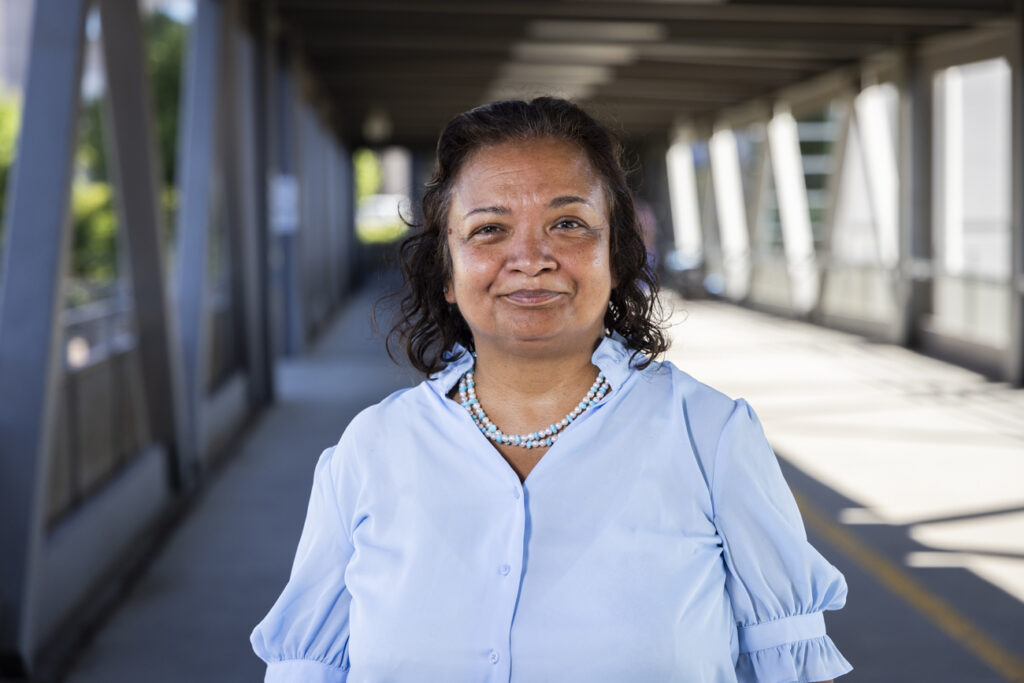

Soma Sengupta, MD, PhD, MBA, FRCP, FAAN, FANA
Division Chief, Neuro-oncology
Vice Chair, Neurology.
Professor


Chief Clinical Officer, UNC Health
President, UNC Physicians
Van L. Weatherspoon, Jr. Eminent Distinguished Professor
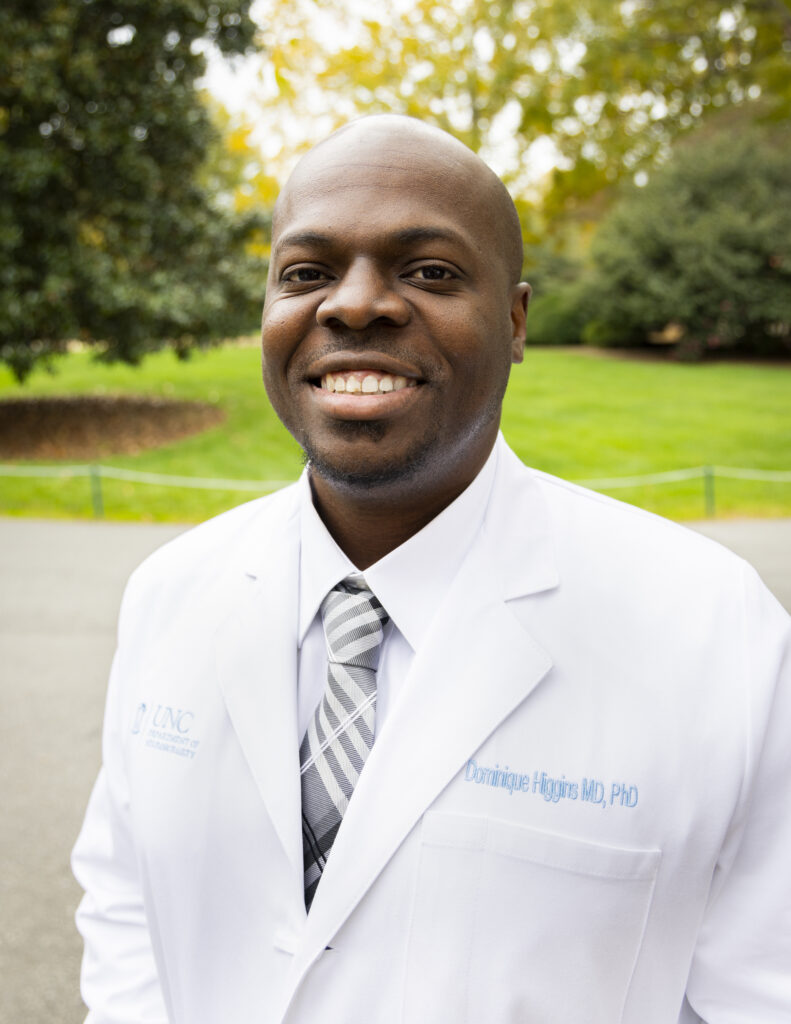

Diversity, Equity, & Inclusion Coordinator
Assistant Professor
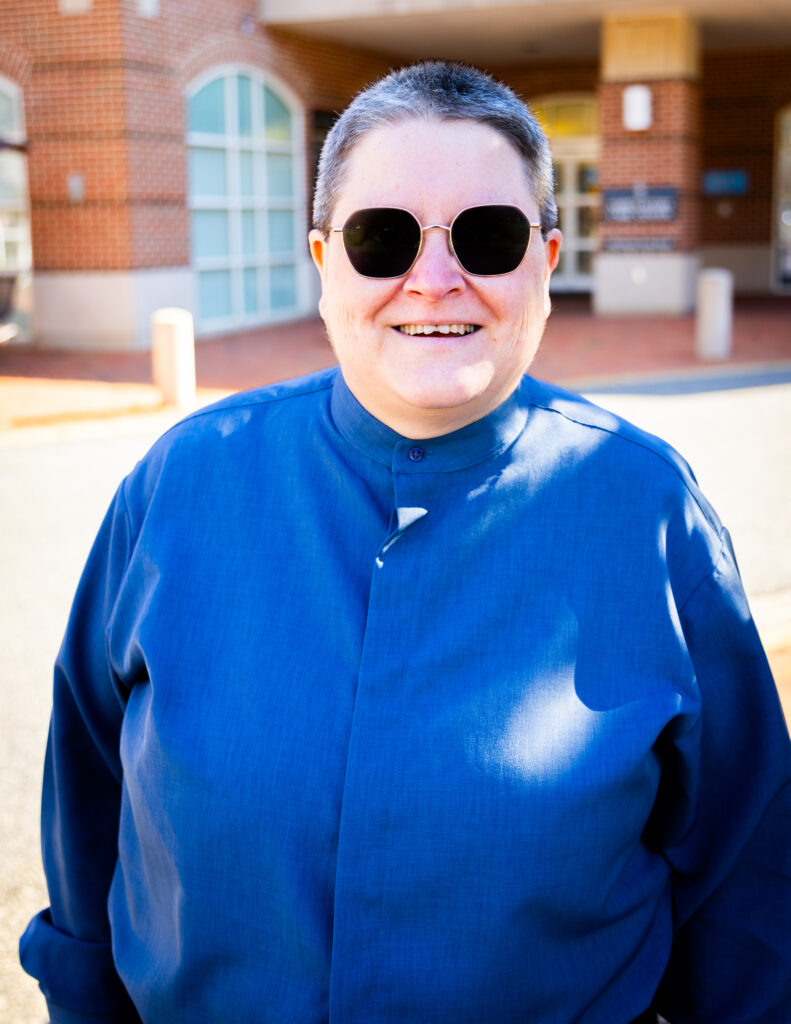

Neurosurgery Oncology Nurse Navigator
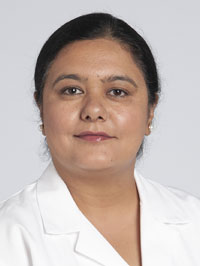

Assistant Professor of Neurology and Neurosurgery
Hematology/Oncology
Frances Collichio, MD
Radiation Oncology